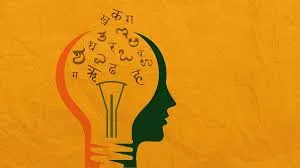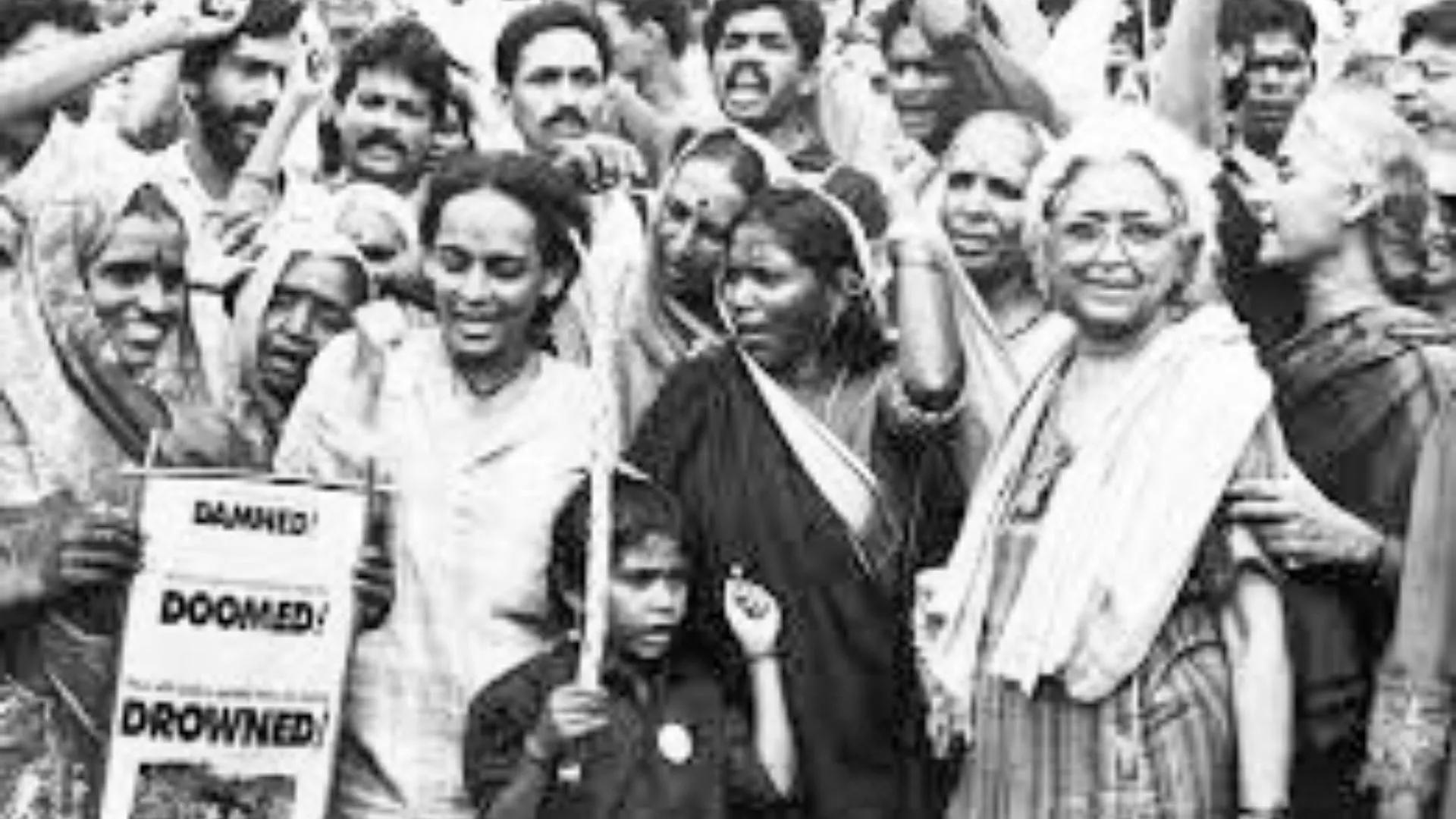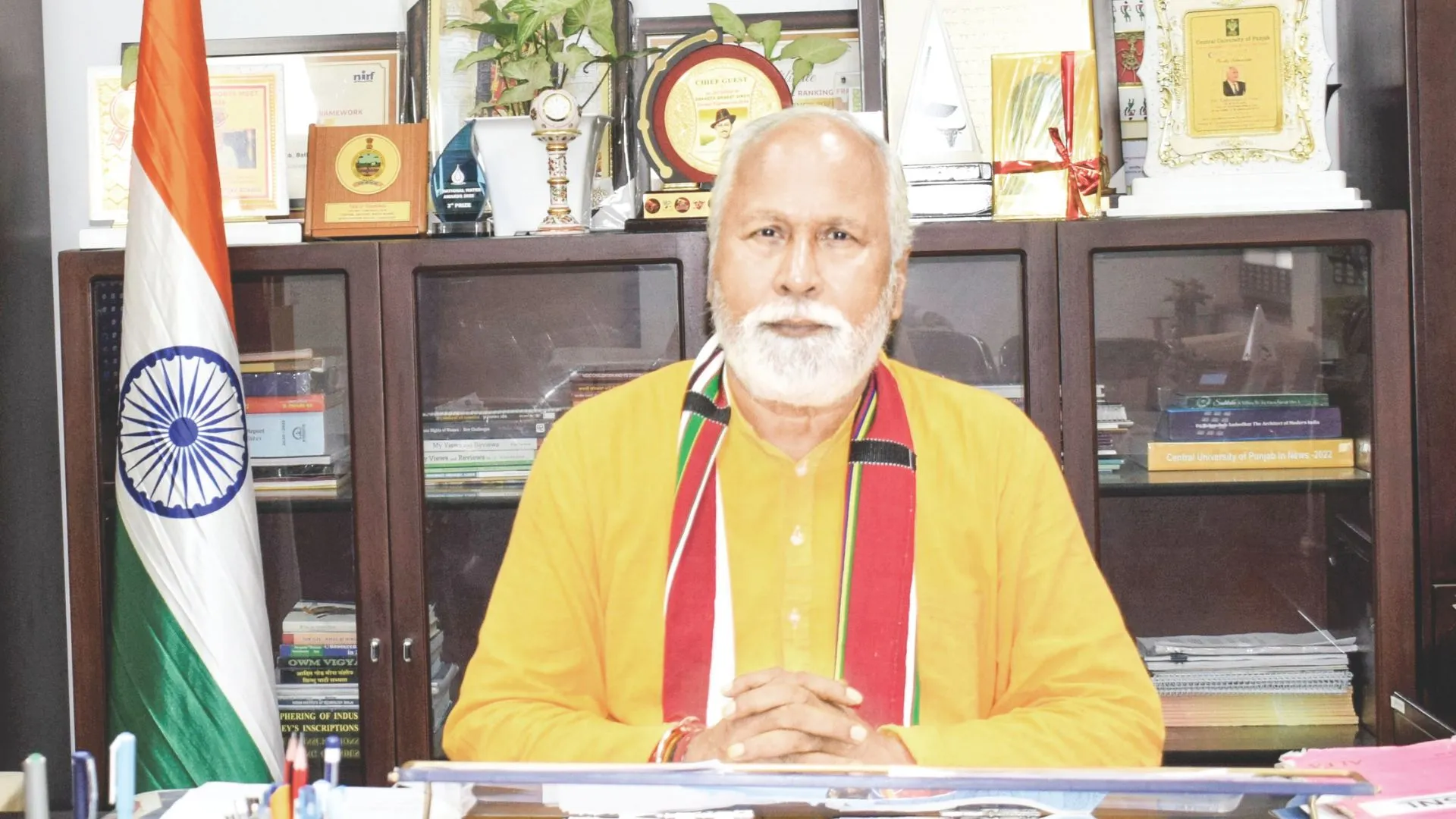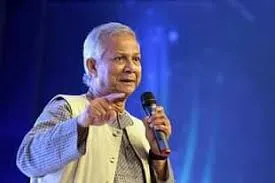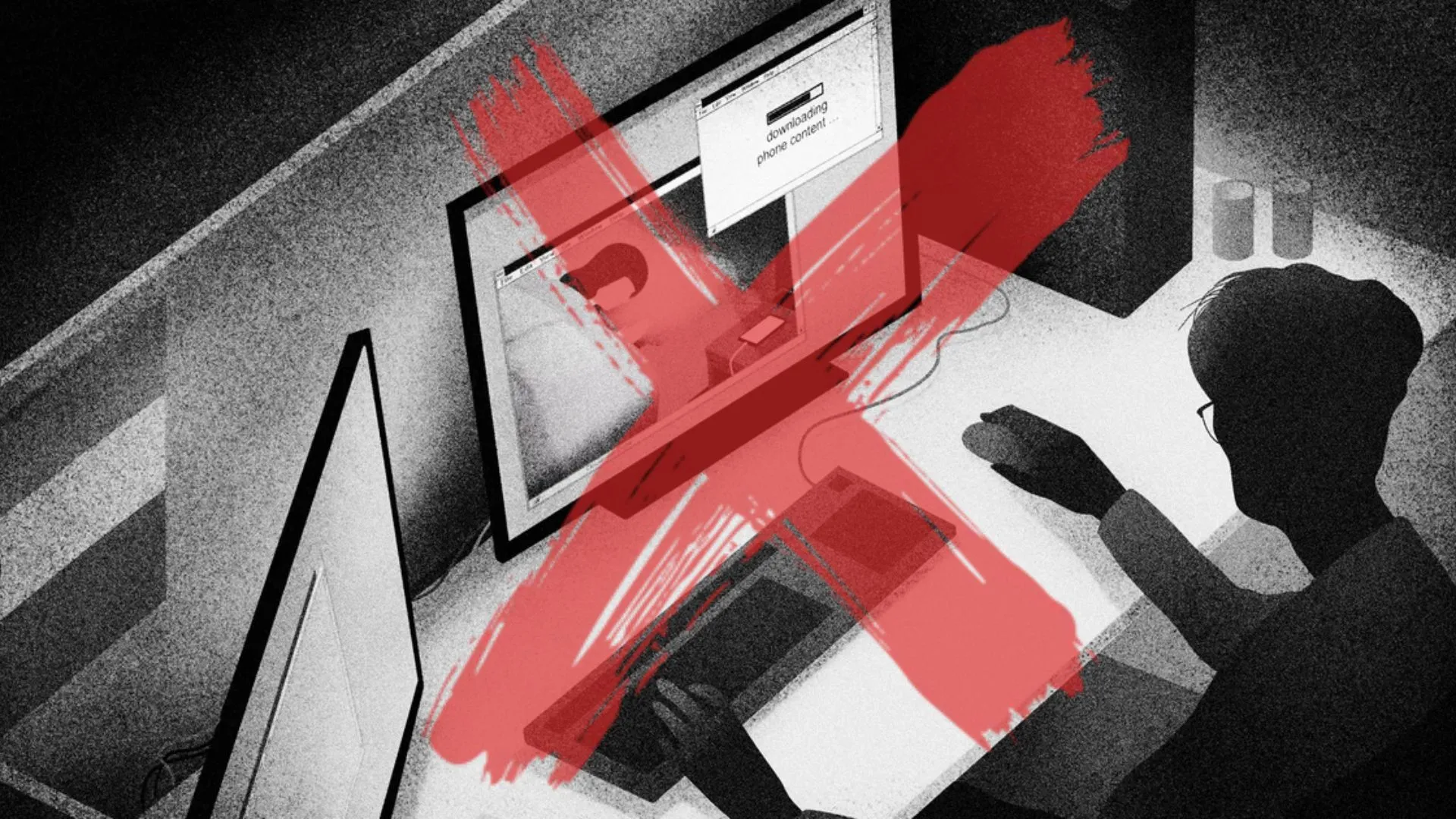The rise of the internet and digital technologies has revolutionized countless aspects of human life, from communication and commerce to education and entertainment. In India, this digital revolution has been particularly transformative, connecting millions of citizens and fostering unprecedented economic growth. However, this rapid digitization has also brought with it a host of challenges, including the erosion of digital dignity.
Digital dignity refers to the fundamental right of every individual to participate in the digital world with respect, safety, and agency. It encompasses a range of issues, including online privacy, data protection, freedom of expression, and access to information. In India, these rights are often threatened by various factors, including cyberbullying, online harassment, the spread of misinformation, and the digital divide. One of the most pressing concerns is the prevalence of online harassment and cyberbullying, particularly against women, minorities, and marginalized communities. The anonymity and reach of the internet can embolden individuals to engage in abusive behavior, often with impunity. This not only violates the dignity of the targeted individuals but also creates a climate of fear and intimidation that can stifle free speech and participation in online spaces.
Misinformation and disinformation also pose a significant threat to digital dignity. The rapid spread of false or misleading information can manipulate public opinion, incite violence, and undermine democratic processes. In India, this has been exacerbated by the proliferation of social media platforms and messaging apps, which can amplify misinformation and make it difficult to distinguish fact from fiction. The digital divide is another major challenge, with millions of Indians still lacking access to the internet and digital technologies. This exclusion can exacerbate existing inequalities and marginalize vulnerable communities. Without access to essential online services, such as education, healthcare, and financial services, these individuals are denied the opportunities and benefits that digital inclusion can provide.
Addressing these challenges requires a multi-pronged approach that involves government intervention, industry collaboration, and public awareness. The government must enact and enforce strong laws to protect online privacy, combat cybercrime, and promote digital literacy. Industry players must also take responsibility for creating safe and inclusive online platforms, while promoting ethical data practices and combating the spread of misinformation. Public awareness campaigns are also crucial to educate individuals about their digital rights and responsibilities. By promoting responsible online behavior and fostering a culture of respect and empathy, we can create a more inclusive and equitable digital landscape.
In conclusion, digital dignity is not merely a luxury but a fundamental human right. In India, the rapid growth of the digital world necessitates a concerted effort to ensure that this right is protected and upheld for all citizens. By addressing the challenges of online harassment, misinformation, and the digital divide, we can create a digital India that is truly inclusive, equitable, and empowering.
The author is Associate Dean, School of Law, GD Goenka University, Gurugram.



